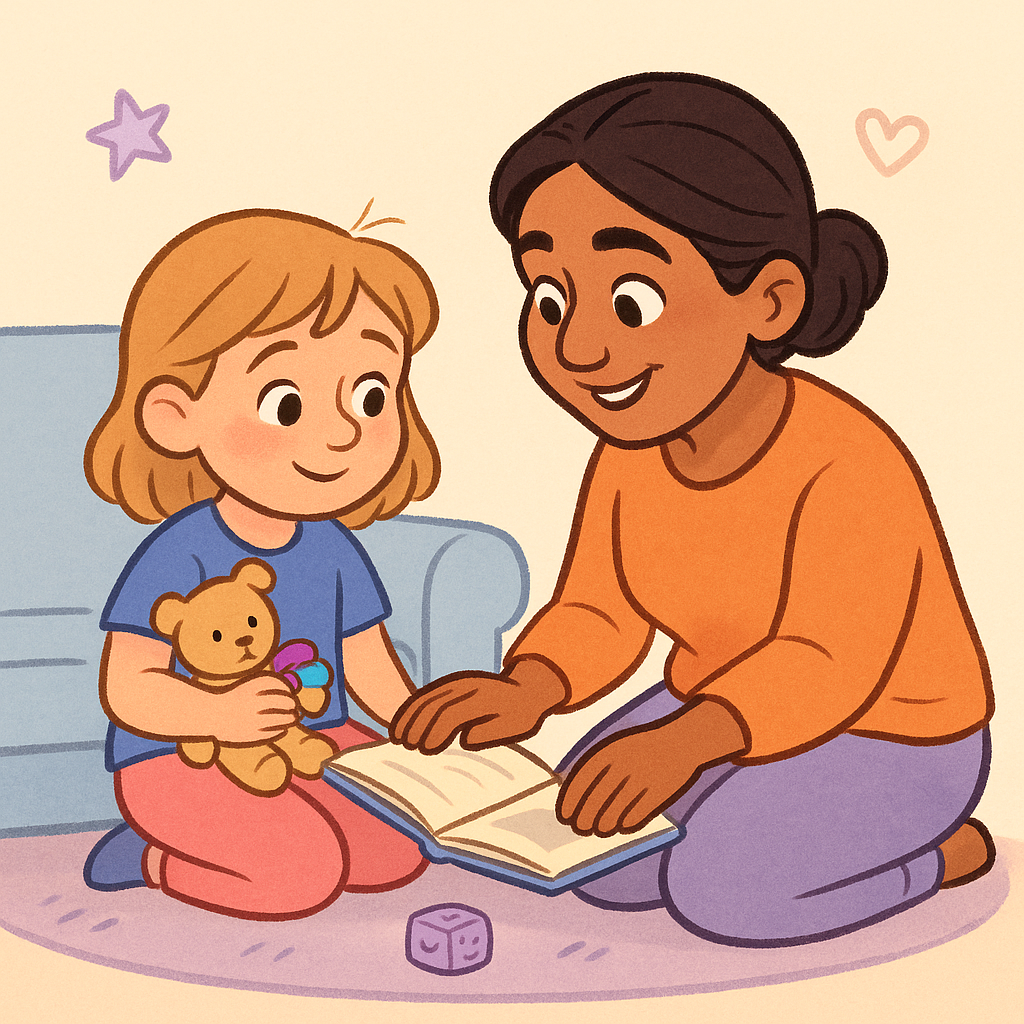This short guide is for parents and carers. It uses plain language and practical ideas to help you understand special educational needs (SEN) and get support for your child. You don’t need to know everything — small steps add up.
What does “SEN” mean?
SEN (special educational needs) covers many different difficulties a child might have with learning, behaviour, speech, understanding, or their mental health.
Schools can give extra help called SEN support, and some children with more complex needs may get an Education, Health and Care (EHC) plan. (GOV.UK)
First steps you can take today
- Talk with your child’s school — ask for a meeting with the teacher, SENCO (special educational needs coordinator) or head. Say what you notice at home and at school.
- Write things down — keep simple notes of dates, conversations, and examples of what your child finds hard. This helps when you meet professionals.
- Ask about the school’s ‘Local Offer’ — every council has a Local Offer that lists local services and help for children with SEN. It shows what support is available near you. (GOV.UK)
If you think your child needs more help
- SEN Support (in school): Teachers and the SENCO should try ways to help your child in class (different tasks, extra time, small group work).
- Request an EHC assessment if your child’s needs are more complex — this can lead to an EHC plan that sets out support from education, health and care services. Your local council arranges this. (GOV.UK)
Practical, everyday tips for parents
- Make routines — clear morning and bedtime routines help many children feel safe and calm.
- Break tasks into tiny steps — one small part at a time is easier than a big job.
- Use clear language — say exactly what you want (e.g. “Put your shoes on now”), not too many questions at once.
- Praise what they do well — even small steps deserve a smile or a “well done”.
- Keep senses in mind — some children find noise, lights or touch overwhelming. A quiet corner, headphones or a sensory toy can help.
- Work with school on simple strategies — ask for plain, short home-school plans (what works at home, what school will try).
Looking after yourself
Caring for a child with SEN can be tiring and stressful. You are important too. Try to find one small thing each week just for you — a short walk, a phone call to a friend, or a quiet cup of tea. If you feel very overwhelmed, it’s okay to ask for help.
Where to go for free help and reliable information
Below are UK organisations with helpful information, advice and helplines. (These are well-known charities and official sources.)
- GOV.UK — Children with special educational needs and disability (SEND) — official info on SEN support and EHC plans.
- SEND Code of Practice & guidance — practical guidance for schools and local authorities about how SEND should work.
- NHS — Support for children with SEND — health services and how health links with education.
- IPSEA — free, legally based advice about education law and EHC plans (useful if you need help with appeals or formal complaints).
- Contact — charity for families with disabled children; helpline and practical advice.
- YoungMinds (Parents Helpline) — help about your child’s mental health and where to get support.
- National Autistic Society / Ambitious about Autism — good, practical advice for families of autistic children.
- Mencap — support and easy-read guidance for families of people with learning disabilities.
What to do if you feel the system isn’t helping
Many families face delays or find it hard to get enough help. If you’re struggling, get advice early (Contact, IPSEA or your Local Offer can help) and keep records of all conversations and replies.
There have been widespread concerns about SEND services being stretched in recent years — you are not alone. (The Guardian)
Short checklist for meetings with school or council
- Bring your notes and examples (dates, what happened, who you spoke to).
- Ask for plain English explanations — you have the right to understand everything.
- Ask for a clear next step and a named person responsible.
- If you disagree, ask about formal complaint routes and where to get independent advice (IPSEA and Contact are good starting points). (ipsea.org.uk)
Final words
You know your child best. Trust your instincts. Keep asking questions and use the free organisations above if you need help. Small changes — at home and in school — can make a big difference.
